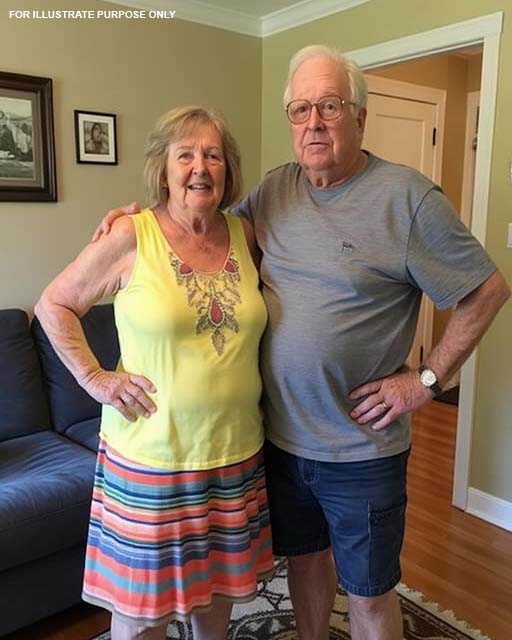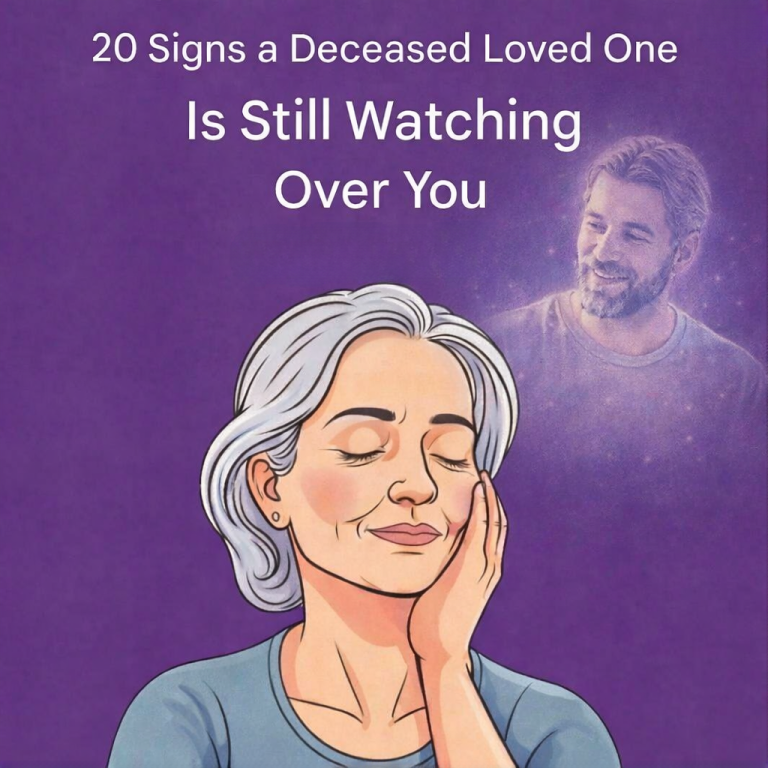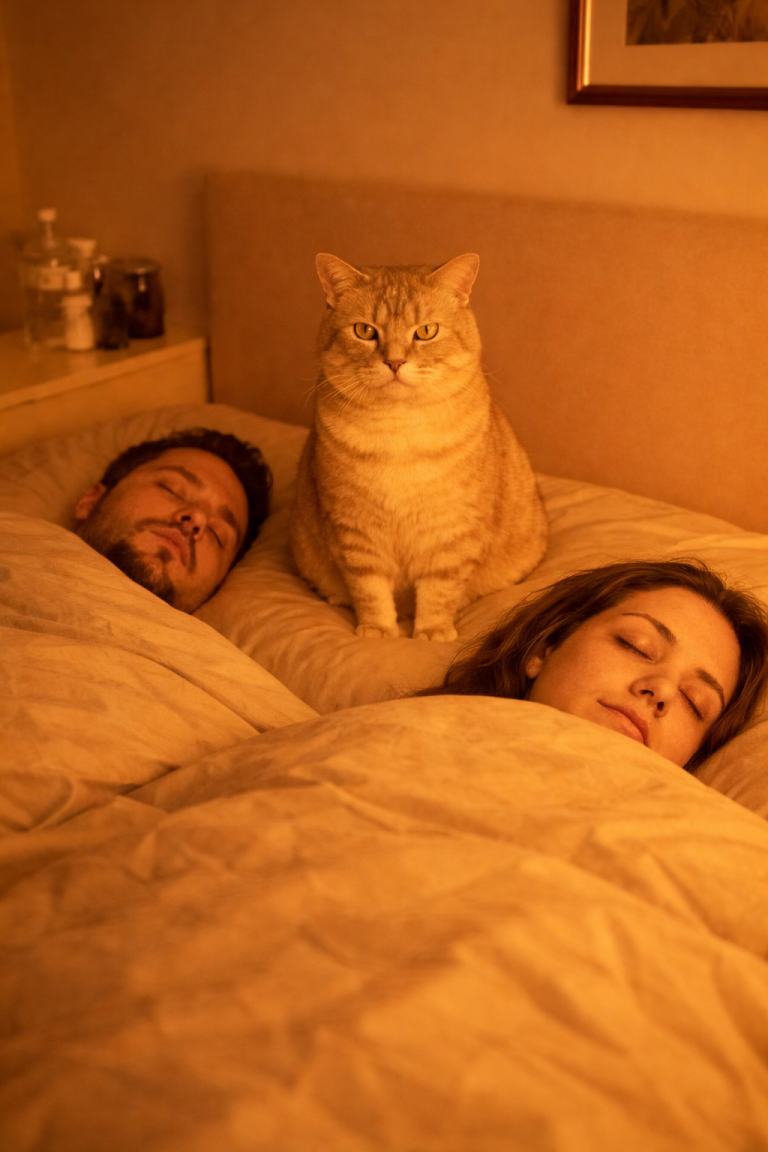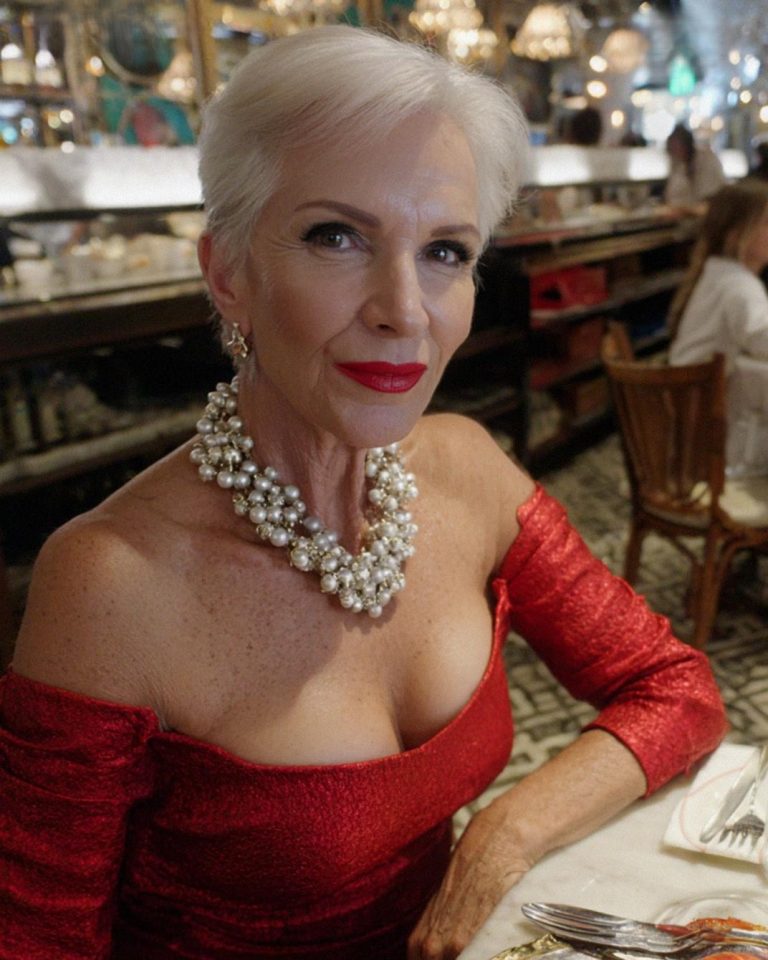
When Ethan’s estranged parents suddenly appeared, demanding the house he left behind, I found myself in a battle I never imagined. Still grieving, I told them I’d consider it—if they could answer one question Ethan carried with him until his last breath.
There are moments in life that change everything. For Ethan and me, that moment came when we were both 17.
I’ll never forget it—he stood at my front door, eyes swollen from crying, holding nothing but a backpack and a shattered heart.
His parents had kicked him out without warning. No explanation, no goodbye. Just gone. My mom saw the pain on his face and didn’t hesitate. She welcomed him in like he was already family.
From that day forward, he was.
We leaned on each other through the chaos of high school, the pressure of college. I ended up in HR because people fascinated me—they’re messy puzzles. Ethan? He had a mind made for machines. Code, networks—he understood the world through logic and patterns.
We were perfect opposites. We made each other whole.
Then, four years ago, life sideswiped us.
Ethan was diagnosed with bone cancer.
It felt like the universe had decided we’d been happy too long. Time to pay up.
Still, we held strong. I picked up more shifts, kept the mortgage going on the house Ethan had bought, and held us together the best I could.
And Ethan—quiet, stubborn Ethan—clung to a fragile hope that maybe his parents would come back.
They didn’t.
Ethan’s funeral was only weeks ago. I was still drowning in grief when they showed up.
The same people who discarded him like trash now stood on my doorstep acting like they belonged.
I remember opening the door, bracing for whatever they came to say. But nothing could’ve prepared me.
“Emma,” his mother cooed, wearing a brittle smile, “we were so sorry to hear about Ethan. You must be so lonely, staying here by yourself.”
I nodded, speechless. She’d never been there for him. Why show up now?
His father, Richard, skipped the pleasantries. “We need to discuss the house. Ethan was our son. It belongs to us now.”
It felt like a punch.
“Excuse me? Ethan bought this house. I’ve been making the mortgage payments. It’s in my name.”
That’s when their lawyer—some suit in a slick gray tie—stepped forward like he’d just been waiting for the cue.
“Legally,” he said, like it was just business, “as Ethan’s next of kin, his parents do have a claim. With no will in place, the estate could revert to immediate family.”
“You think you can just walk in here, after abandoning him, and claim what he built?” I asked, trying not to shake.
“We’re his family,” his mother snapped, her false gentleness cracking. “Blood is blood. He would’ve wanted this house to stay with us.”
I stayed calm—barely.
“Ethan transferred this house into my name over a year ago. We anticipated this exact scenario. Everything’s legal. If you want it, you can buy it. Pay me what I paid Ethan, and cover the four years of mortgage payments I’ve made.”
Richard stepped forward, his tone turning sharp. “We can’t afford that, and you know it. Ethan wanted us to have this. Transfer the mortgage. That’s our final offer. Otherwise, we’ll see you in court.”
I looked him square in the eye. “Go ahead. But before you do, there’s something you should read.”
They paused. For the first time, I saw uncertainty in their eyes.
I crossed the room to the sideboard drawer—one I’d opened a hundred times since he passed. From it, I pulled an envelope. Creased. Soft at the edges.
“This,” I said, holding it up, “is what Ethan left you. His final letter.”
Claire’s eyes—his mother—sparked with some unreadable emotion: hope, guilt, greed… maybe all three.
“A letter?” she asked softly.
I handed it to her.
“Read it.”
Her fingers trembled as she opened the envelope and pulled out a single sheet of paper.
Richard and Ethan’s brother, Matt, leaned in close.
But the moment they read it, their hope twisted into something darker…
Claire’s eyes scanned the paper once, then again—slower, as if reading it differently might change what it said. Her face turned from pale to crimson, and her hand began to tremble.
Richard snatched the letter from her grasp and read aloud, his voice tight with disbelief.
“If you’re reading this, it means I’m gone. And if you’ve come looking for something—money, property, closure—know this: you left me long before the cancer did.”
Matt shifted uncomfortably, avoiding eye contact with me.
“You abandoned me when I was seventeen. You left me on the street like a mistake you didn’t want to claim. Emma and her family took me in when mine failed me. They gave me a home. Love. Stability. Everything you refused to provide.”
Claire turned away slightly, as if shielding herself from the words that now landed like blows.
“If you’re asking for the house—don’t. It’s not yours. It never was. I gave it to Emma not because of love or loyalty—though she has both—but because she showed up. For me. Every time.”
“You weren’t there for the treatments. Or the nights I screamed in pain. Or the day I decided to stop fighting. You didn’t even call. So if you’re trying to lay claim to the one thing I could leave behind, just answer me this…”
Richard’s voice caught.
“Why now?”
Silence.
Claire’s lips parted, but no words came. Matt looked at the floor like it held the only safe answer. I crossed my arms, heart pounding.
“Well?” I asked, my voice steady but low. “That was Ethan’s only question. Why now?”
Claire blinked, struggling for composure. “We… we made a mistake. We thought we were doing what was best—”
“No,” I cut her off. “You made a choice. And you don’t get to rewrite history now that he’s gone.”
Richard’s jaw tightened. “You think that letter means anything legally?”
“It means everything morally,” I said. “And in court, your lack of involvement, your abandonment, and your sudden interest in his assets? It paints a very clear picture.”
I walked to the door and opened it wide.
“This house was Ethan’s. Now it’s mine. He made sure of that. You have no place here.”
They stood frozen for a moment longer, but the battle was already lost. Slowly, Claire folded the letter and placed it back in the envelope.
“I hope you’re happy,” she said bitterly.
“I’m not,” I replied honestly. “I’d give everything back just to have him here one more day. But since that’s not possible, I’ll protect what he left behind. From people like you.”
They turned and left without another word. I closed the door gently behind them, the soft click echoing in the quiet.
Then, for the first time since Ethan died, I let myself cry—not out of grief, but out of strength.
Because I’d kept my promise. I’d stood my ground. And I knew somewhere, Ethan was proud of me.



